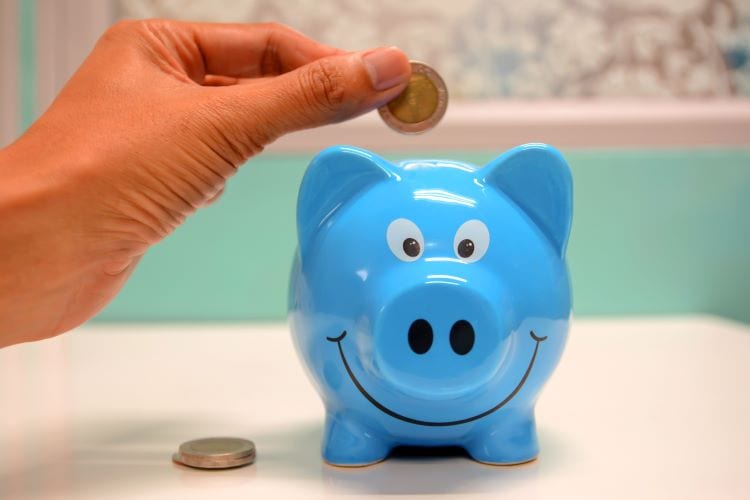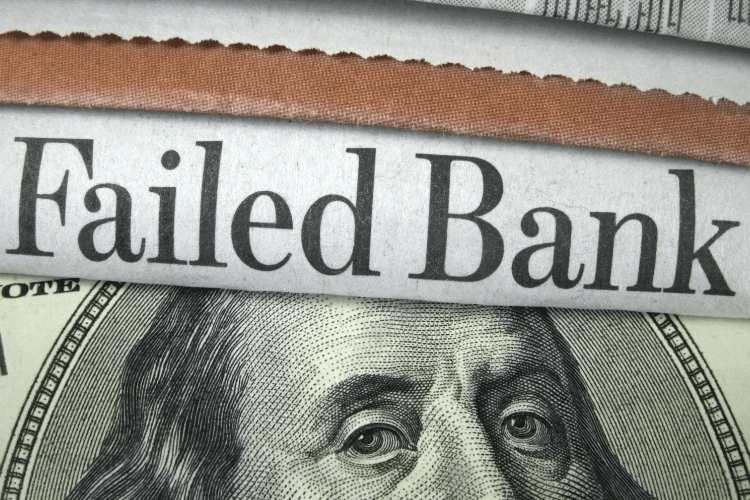What Savings Accounts Are and Why You Need One

Your grandmother might have kept extra cash in her freezer, but that’s probably not the best plan to help you attain wealth in the 21st century. You need a savings account to hold your emergency reserves – those unexpected expenses life throws your way – and put a little something aside for the future, as well.
What Is a Savings Account?
A savings account is the sort of the opposite of a checking account. You use your checking account and its associated debit card for immediate needs: to make purchases and pay bills. A savings account isn’t (or shouldn’t be) used for spending at all. Instead, a savings account is designed to accumulate and hold the money you want to hang onto.
Why Should I Open a Savings Account?
Opening a savings account is important for many different reasons. It’s easy to do, as every bank offers them. It’s the simplest and safest way to accrue money because deposits up to a certain amount are backed by federal insurance (assuming your account is in an FDIC institution, as most reputable banks are).
Handle Unexpected Costs and Emergencies
If life is one thing, it’s unpredictable. You never can anticipate when someone will sideswipe your car, your dishwasher will die, or you’ll need to get that root canal surgery. Even if you’ve got good insurance, you still have deductibles to pay, or your crisis may not be fully covered. As long as you have money in a savings account you can quickly tap, you can cover the costs of your emergency without dumping your monthly budget on its head or being forced to take out a high-interest personal loan.
Peace of Mind
It’s safe to say that you can sleep better at night knowing you have a few thousand dollars stashed away in the bank. In fact, building and maintaining an emergency fund in a savings account is usually recommended as the first step to financial peace, even before paying off debts or refinancing loans.
Future Opportunities
How many opportunities have you been forced to overlook because you didn’t have the funds to make it happen? From something as simple as buying a plane ticket for a friend’s destination wedding to something as involved as buying into a business, you want to have options.
Even if you don’t use your savings account to take advantage of potentially lucrative financial opportunities, you’re more likely to obtain the funding you need when lenders can see you have a robust savings account in your name.
Reduce Your Dependence on Credit
The last thing you want to do is dig yourself into a $4,000 hole of credit card debt. A steady savings account gives you the means to meet your financial goals without relying on those pieces of plastic.
Paying out of pocket and avoiding hefty interest rates can save you thousands of dollars a year or more. For example, if you buy a $25,000 car using an auto loan, you might pay 4.5% interest over 84 months. That equates to nearly $5,000 in interest payments. If you had enough money in your savings account to pay half of the car’s purchase price outright, you could score major savings in several ways: paying less interest overall, knocking down your interest rate or scoring a shorter loan term.
Shopping for a Savings Account
Make sure you shop around before opening an account. Evaluate the interest rate and fees of each bank before making a choice.
First, evaluate the interest rate on the account. The annual percentage yield (APY) shows how much your money will earn while sitting in your savings account. The rates can range from 0.05% to 2.25%, often depending on how much you’re depositing. National banks with physical locations like Wells Fargo and HSBC usually offer the lowest interest rates while online savings accounts offer the highest returns.
However, you can’t just consider APY alone. Also, gather information on the fees each savings account charges. Some charge an annual account fee; others charge monthly fees if you fall below a certain minimum balance.
If you already have a checking account at one institution, definitely stroll in and ask a rep what they might do for you. Banks love it when current account-holders seek additional services, and they often reward them with better rates, lower fees or other privileges and perks.
Only by weighing each factor of a saving account can you find the vehicle that best fits your financial needs.
Read about micro-investing and how to get started with our complete guide: Micro-Investing: What It Is, Why It’s for You and How to Start.










